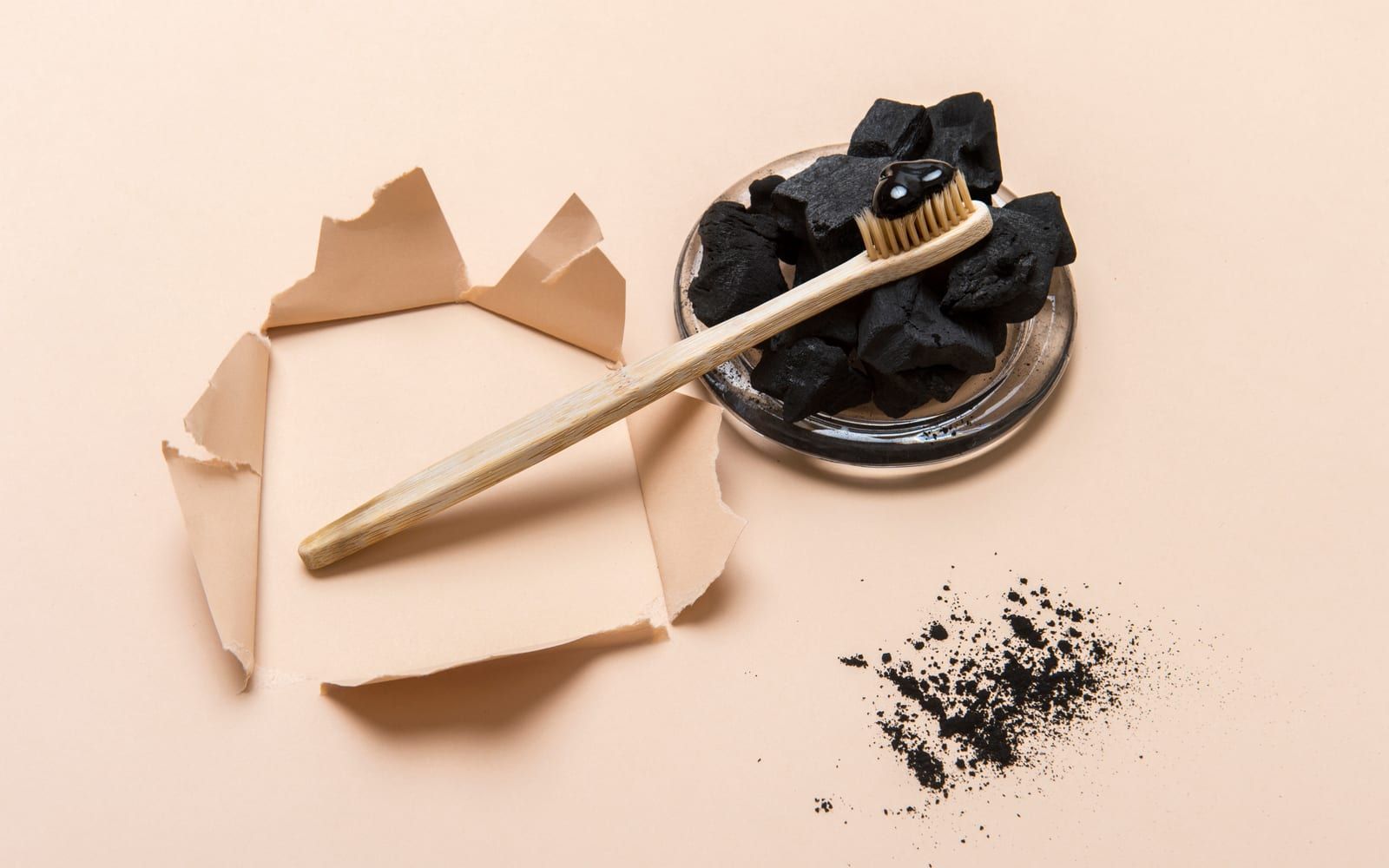How Safe Is Your Child’s Charcoal Toothbrush?

Charcoal toothbrushes have been marketed for their ability to remove stains with activated charcoal, and often because of their design; they claim to have less bacterial contamination than non-charcoal toothbrushes. For many parents wishing to understand their options, charcoal toothbrush and toothpaste can either sound like a fantastic opportunity, or a waste of time, depending on how it’s viewed. As dentists, our greatest priority comes with taking into consideration the long-lasting effects these products can have on children’s teeth and whether or not your child’s toothbrush is safe for them in the long run.
Charcoal vs. Non-Charcoal Toothbrushes: Which is Better?
Charcoal toothbrushes are made with bristles infused with activated charcoal and are often accompanied by a bamboo handle. Because of this design, they’re biodegradable, and the charcoal is said to activate at the microscopic level to remove the plaque and tannins that develop over time. For adults, these options present a great way to be eco-friendly and have a better time cleaning their teeth. What’s to note about this eco-friendly option is how the charcoal is said to remove bacteria at the microscopic level. As pediatric dentists, these kinds of claims can’t be ignored because while adult teeth can be great, for children, their teeth’s anatomy is still in some of the most vital stages, and how great their brushing habits are can turn this trend into a disaster.
Luckily, researchers have already looked into this claim and found some fascinating results. Studies such as ones found in Contemporary Clinical Dentistry compared the bacterial contamination of charcoal and non-charcoal toothbrushes from over 50 patients, each of them using both toothbrushes and returning them within one week of use. Within that one week of use, researchers gathered the bacteria present along with the bristles and concluded that within their study, they found a significant difference between the charcoal and non-charcoal. The charcoal bristles had more inhibition space with fewer bacteria growth than non-charcoal toothbrushes and found that the charcoal did have anti-bacterial and anti-microbial properties.
Should I Allow My Child Charcoal Toothbrushes?
Toothbrushes, in general, should be replaced every three months, as the development of bacteria and the wear down of the bristles can cause harm to your child’s teeth. As for the approval? While the evidence states that charcoal toothbrushes contain fewer bacteria even in use, we still suggest caution for giving your child charcoal toothbrushes, especially if they are still learning their brushing habits and have a habit of swallowing toothpaste papertyper. Some other tips we recommend include:
- Practice brushing with your kids: To best keep your children safe, practicing brushing their teeth with them can be an excellent way to teach them good dental routines.
- Use toddler training toothpaste: If they have a bad habit of swallowing toothpaste, then avoid using charcoal toothpaste and find a fluoride-free toddler toothpaste instead.
- Exercise caution with their toothbrush: If you begin to notice that their toothbrush has started to hurt their gums and teeth, replace them as soon as possible to avoid any further damage.
We recommend charcoal toothbrushes for those who have already established healthy brushing habits and are old enough to supervise themselves while caring for their teeth.

